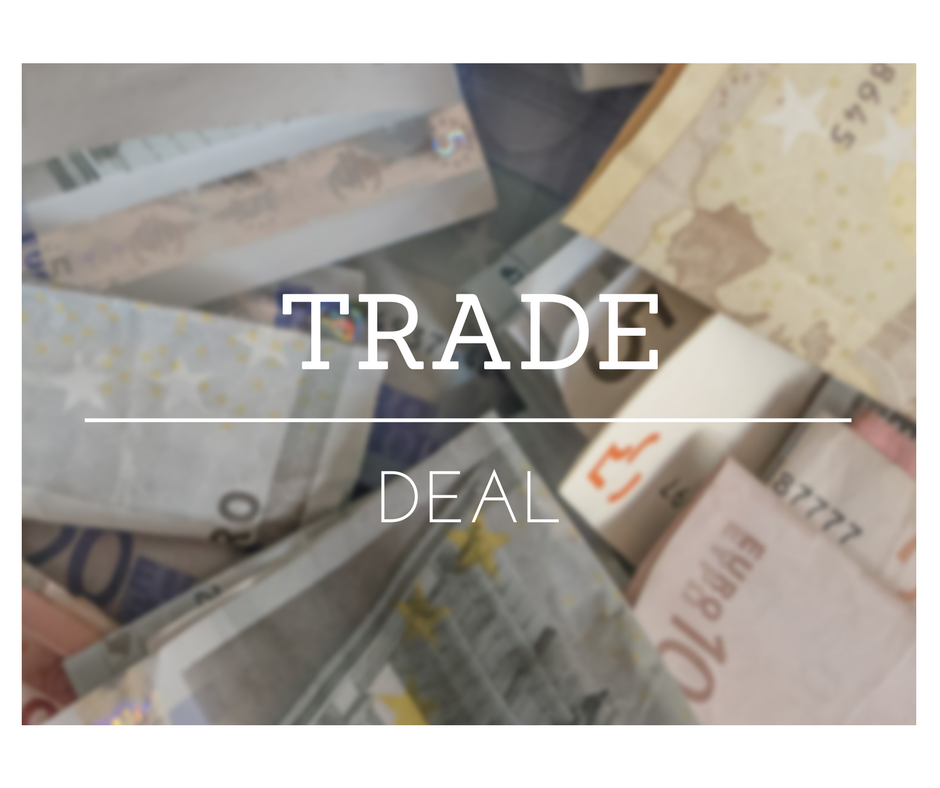The Trump administration delivered a gut punch to America’s closest allies May 31, imposing 25 percent tariffs on steel and 10 percent tariffs on aluminum from Europe, Mexico and Canada in a move that drew immediate vows of retaliation.
The import duties threaten to drive up prices for American consumers and companies and are likely to heighten uncertainty for businesses and investors around the globe.
The administration’s actions drew fire from Europe, Canada and Mexico and promises to quickly retaliate against United States exports.
“This is protectionism, pure and simple,” said Jean-Claude Juncker, president of the European Commission.
French President Emmanuel Macron called the U.S. decision to levy tariffs on the European Union “illegal” and a “mistake.” He ominously recalled the pre-World War II period saying, “Economic nationalism leads to war. This is exactly what happened in the 1930s.”
The EU earlier threatened to counterpunch by targeting U.S. products, including Kentucky bourbon, blue jeans and motorcycles. David O’Sullivan, the EU’s ambassador in Washington, said the retaliation will probably be announced in late June.
Mexico complained that the tariffs will “distort international trade” and said it will penalize U.S. imports including pork, apples, grapes, cheeses and flat steel.
In Canada, Prime Minister Justin Trudeau said: “These tariffs are totally unacceptable.” Canada announced plans to slap tariffs on $12.8 billion worth of U.S. products, ranging from steel to yogurt and toilet paper.
“Canada is a secure supplier of aluminum and steel to the U.S. defense industry, putting aluminum in American planes and steel in American tanks,” Trudeau said. “That Canada could be considered a national security threat to the United States is inconceivable.
“We have to believe that at some point their common sense will prevail. But we see no sign of that in this action today by the U.S. administration,” Trudeau said.
Following Trudeau’s statement, the White House released a statement from Trump saying, “Earlier today, this message was conveyed to Prime Minister Justin Trudeau of Canada: The United State (sic) will agree to a fair deal, or there will be no deal at all.”
The U.S. tariffs coincide with—and could complicate—the Trump administration’s separate fight over Beijing’s strong-arm tactics to overtake U.S. technological supremacy. Commerce Secretary Wilbur Ross left for Beijing for talks aimed at preventing a trade war with China.
Trump had campaigned for president on a promise to crack down on trading
partners that he said exploited poorly negotiated trade agreements to run up big trade surpluses with the U.S.
The world’s two biggest economies have threatened to impose tariffs on up to $200 billion worth of each other’s products.
Ross said there was “no longer a very precise date when they may be concluded,” and that as a result, Canada and Mexico were added to the list of countries hit with tariffs.
Likewise, the Trump trade team sought to use the tariff threat to pressure Europe into reducing barriers to U.S. products. But the two sides could not reach an agreement.
The import duties will give a boost to American makers of steel and aluminum by making foreign metals more expensive. But companies in the U.S. that use imported steel will face higher costs.
And the tariffs will allow domestic steel and aluminum producers to raise prices, squeezing companies — from automakers to can producers — that buy those metals.
House Speaker Paul Ryan and several leading Republicans in Congress were critical of the administration’s tariff action. Ryan said there are better ways to help American workers and consumers and that he plans to work with Trump on “those better options.”
The Associated Press contributed to this report.
Larry Dreiling can be reached at 785-628-1117 or [email protected].


